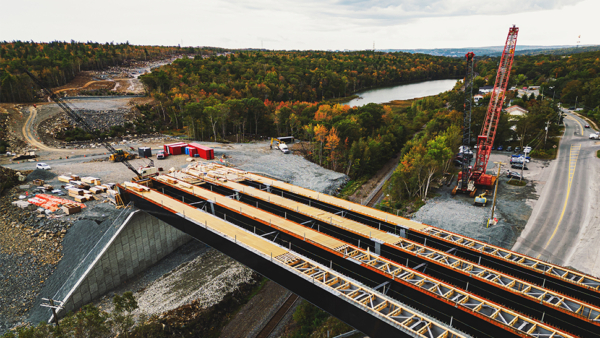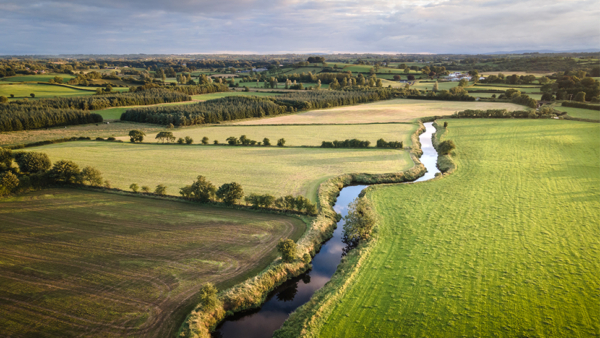

Planning, Highways and Environment
Our experts have years of experience in representing all parties in the development process. The team work on every aspect of planning and highways law, from tackling issues with development to negotiating agreements for works to be carried out. Our team has been recognised by Chambers and Partners, and the Legal 500 for its expertise.
Key contact

Rosalind Andrews
Partner, Head of Planning, Highways & Environment
From developers and landowners to local authorities, banks and community groups, I work closely with all types of clients to help obtain planning permission, advise on legal agreements or planning designations, or tackle applications that may affect their property.

Expertise in planning, highways and environment
We advise on every aspect of planning and highways law, from negotiating planning or highways works agreements and guidance over the threat of compulsory purchase to providing help tackling legal issues that may be preventing development. Where necessary, we’ll also challenge unlawful planning decisions in court or assist you to defend against enforcement action.
We’ll work with you to get a full idea of your end goals from the start. That way, we’ll spot any issues that could affect future development of your land and deal with them quickly and efficiently.
Our expertise also covers biodiversity net gain – creating and improving natural habitats – and harnessing naturally-occurring phosphate in order to assist in plant growth.
Helping with planning, highways and environment
Our specialist team works with commercial and residential developers, landowners, investors, social housing bodies, banks and other lenders, charities, private clients, local residents’ groups, local planning authorities and other public sector organisations on a range of development schemes.
- Planning strategy advice, including legal support with planning applications and appeals, interpreting permitted development rights and Community Infrastructure Levy liability
- Interpretation of planning permissions and conditions, and advice on safeguarding planning consents
- Drafting and negotiating section 106 agreements and unilateral undertakings
- Bringing and defending legal claims including judicial reviews and statutory challenges
- Planning enforcement issues and Certificates of Lawfulness
- Promoting or objecting to Compulsory Purchase Orders (CPOs), Development Consent Orders and Transport and Works Act Orders
- Advising on CPO compensation rights and maximising compensation including applications for certificates of appropriate alternative development, blight notices and references to the Upper Tribunal
- Advice on heritage issues, including in relation to listed buildings, conservation areas, and scheduled ancient monuments.
- Advising on highways issues including creation, diversion, extinguishment and enforcement
- Advising on existing or claimed town and village greens, commons, and assets of community value
- Strategic advice on preventing the creation of public access rights
- Drafting and negotiating highways and public infrastructure agreements and licences.
Working with our Insurance, Risk and Regulatory team we provide:
- Advice on statutory nuisance issues, including appealing abatement notices
- Advice relating to nature conservation, including ecological designations, the habitats directive, tree protection and environmental impact assessments
- Advising on issues of water pollution, land drainage, environmental permitting and contaminated land, including alleged breaches
- Advising on the waste regulations, including acting for operators in relation to alleged waste offences
- Acting for clients in bringing and defending legal claims, including interviews under caution.
We also work with a range of developers, landowners, banks and local groups on a range of development schemes.
Services from our Real Estate team
Recognition of our work
Hear what our clients say about us
How can we help you?
"*" indicates required fields

















